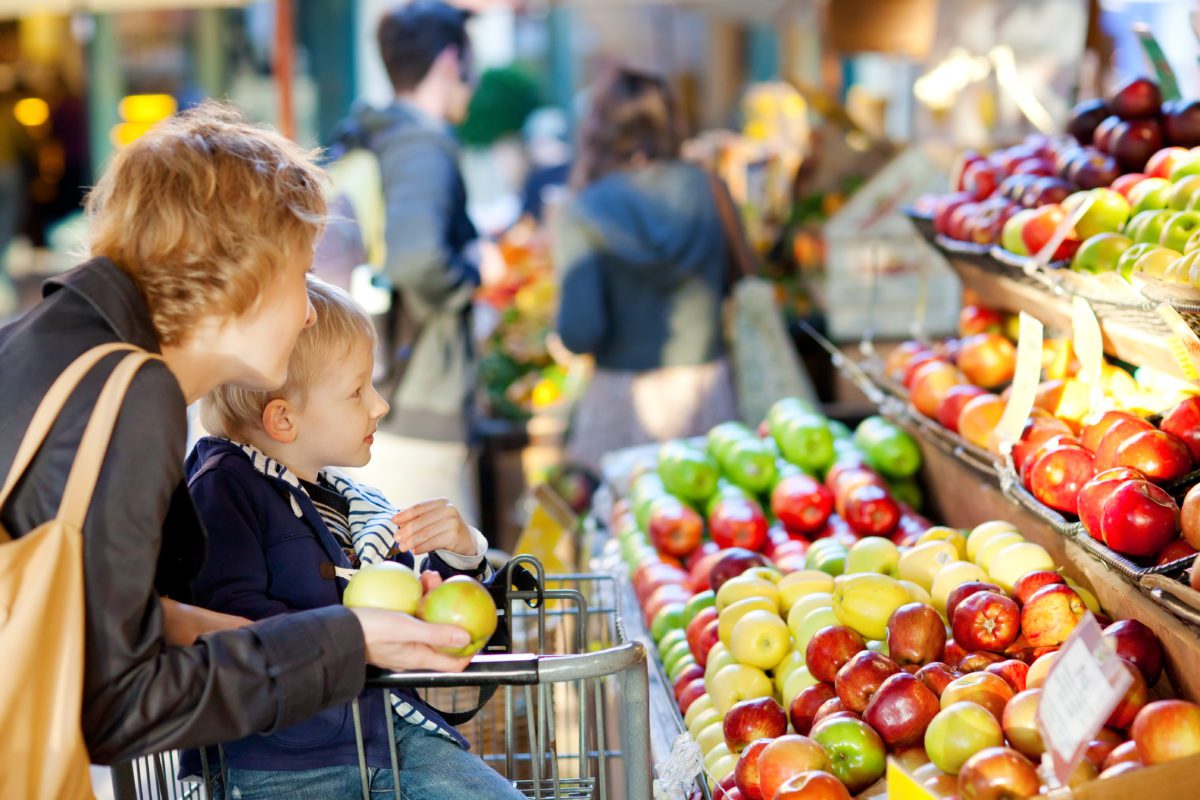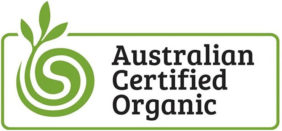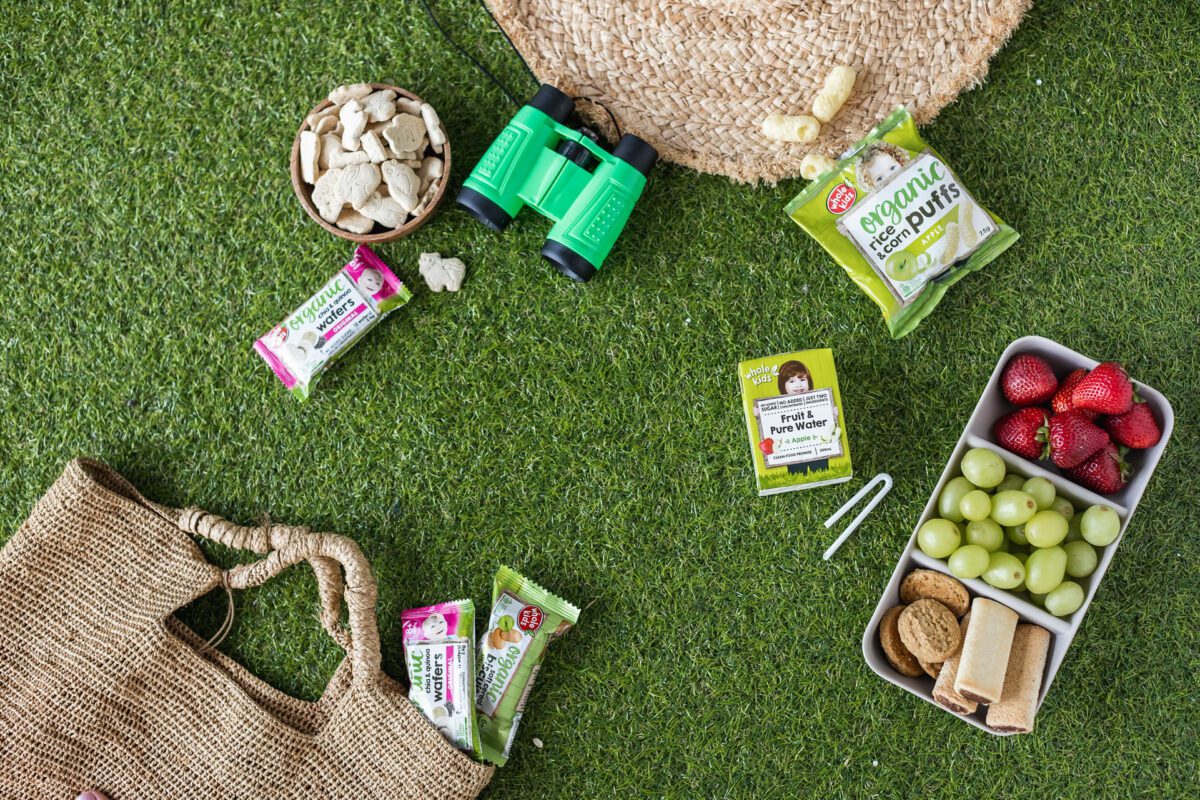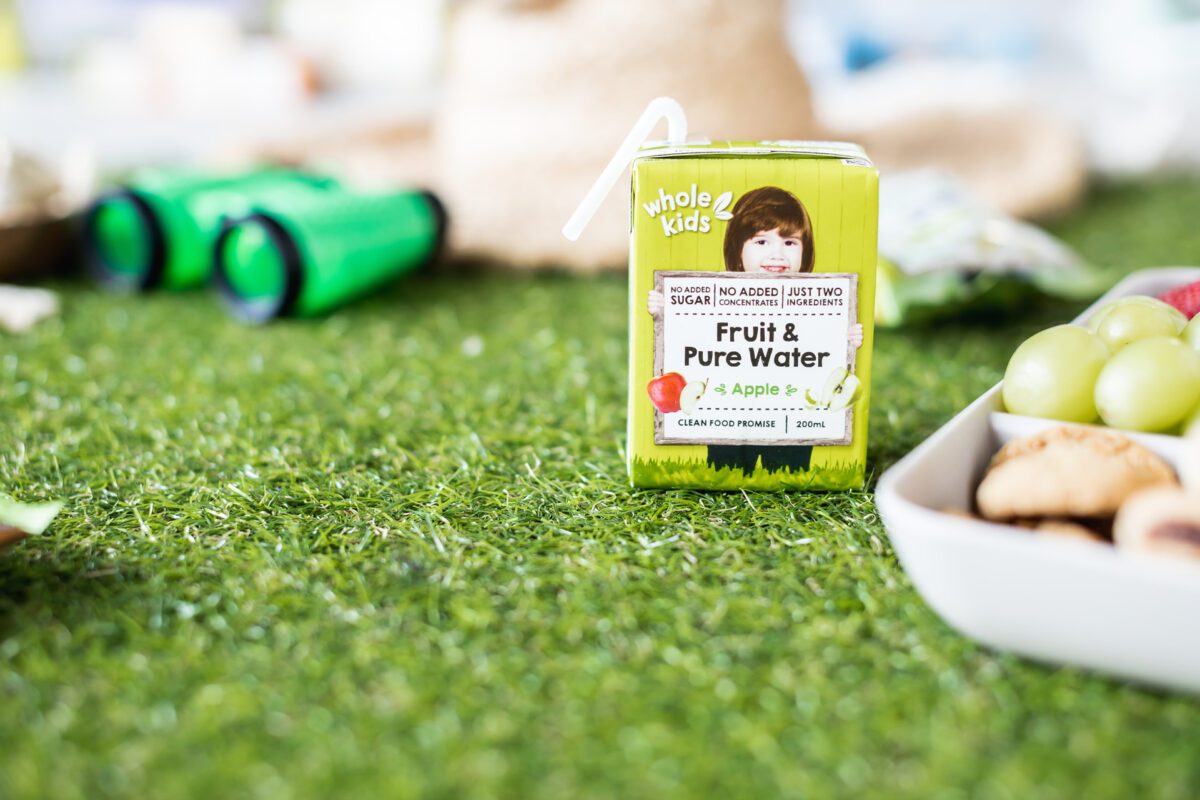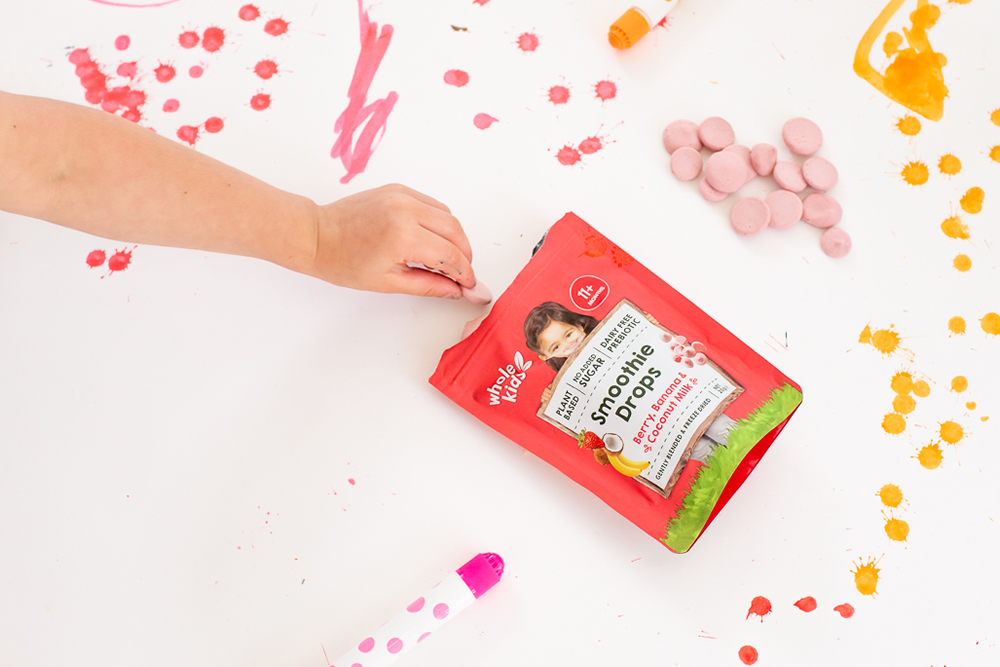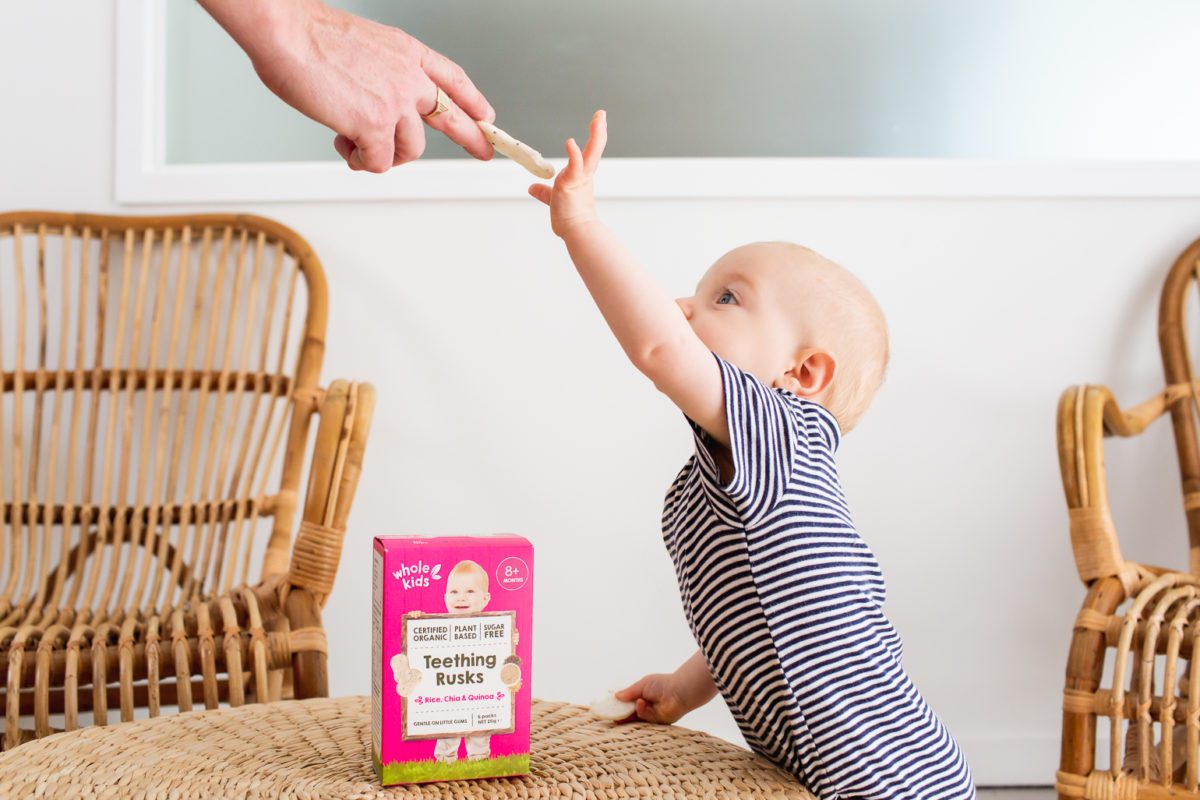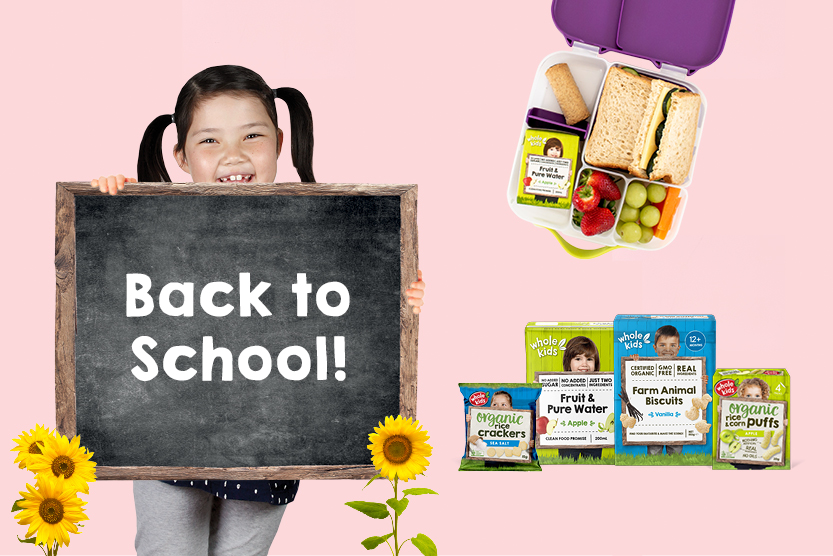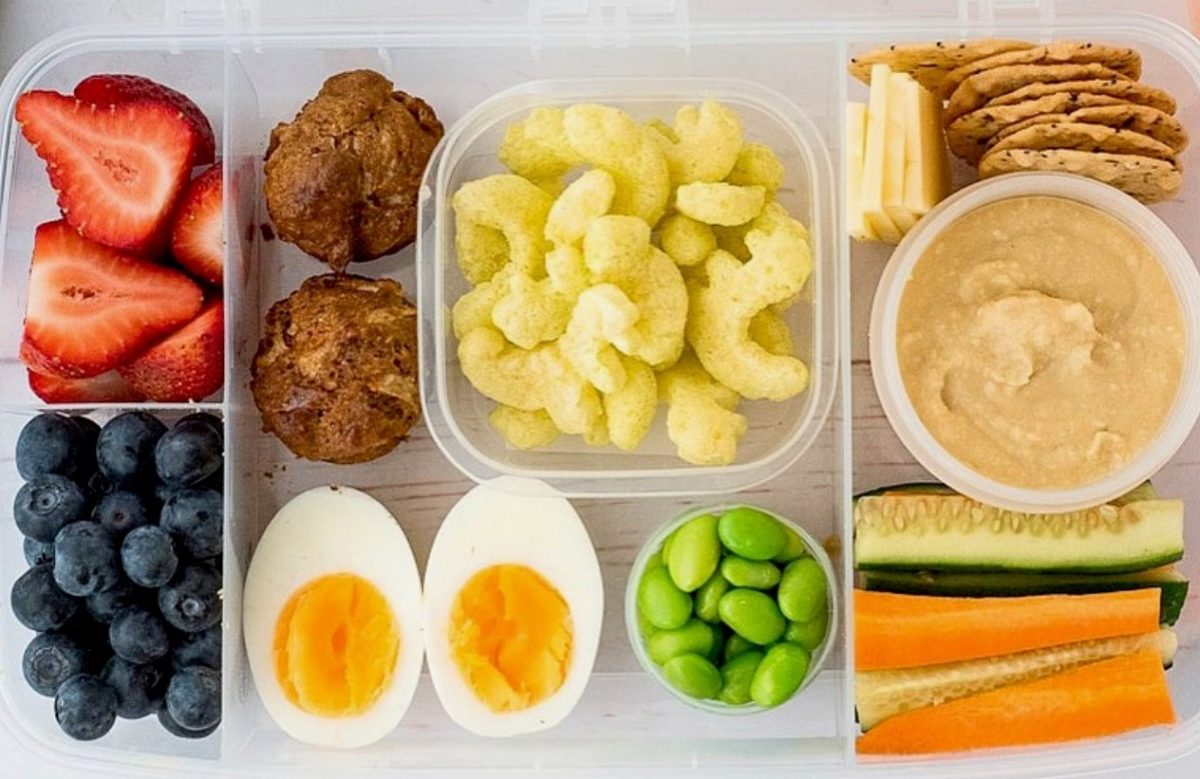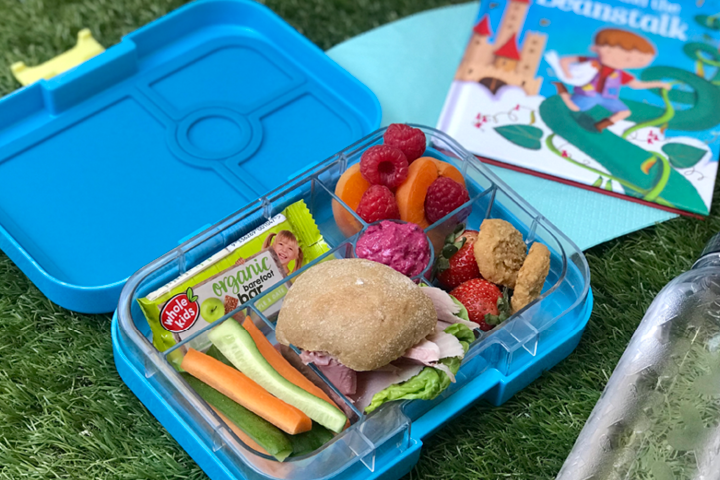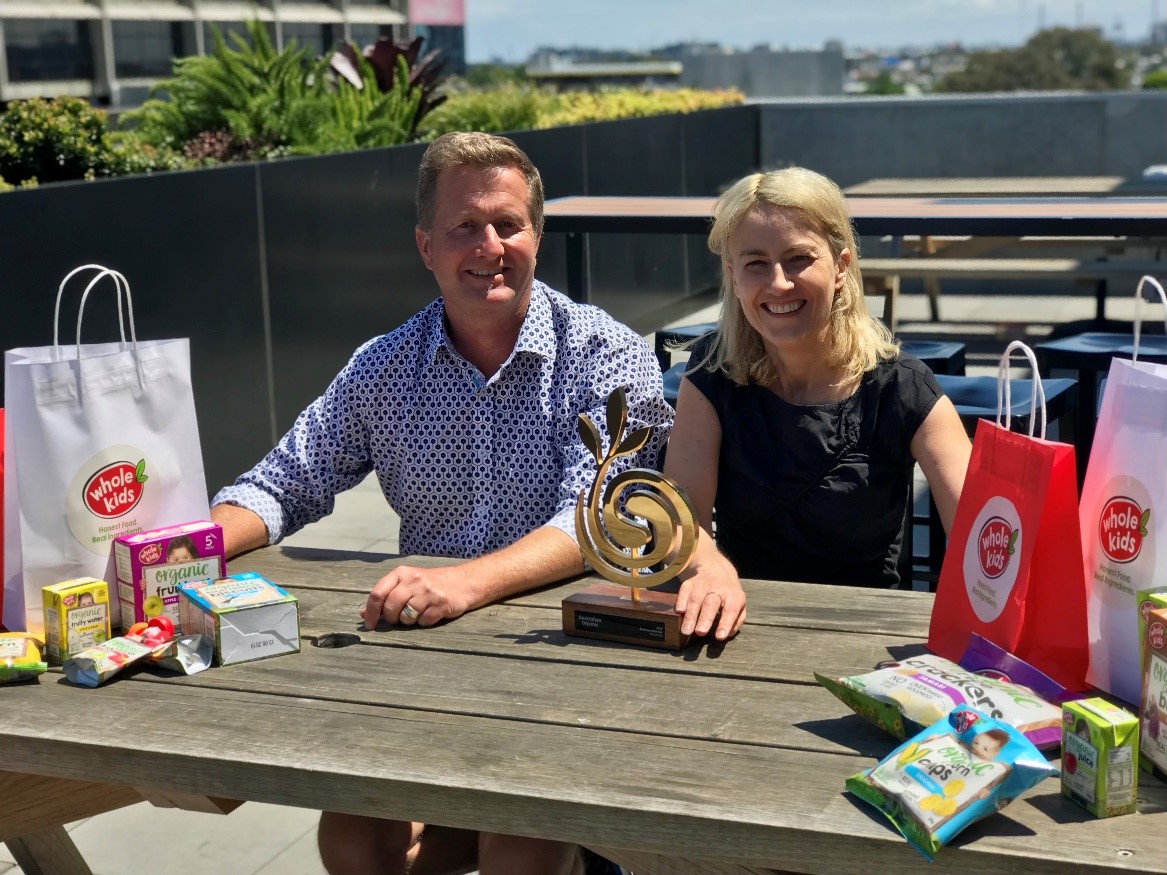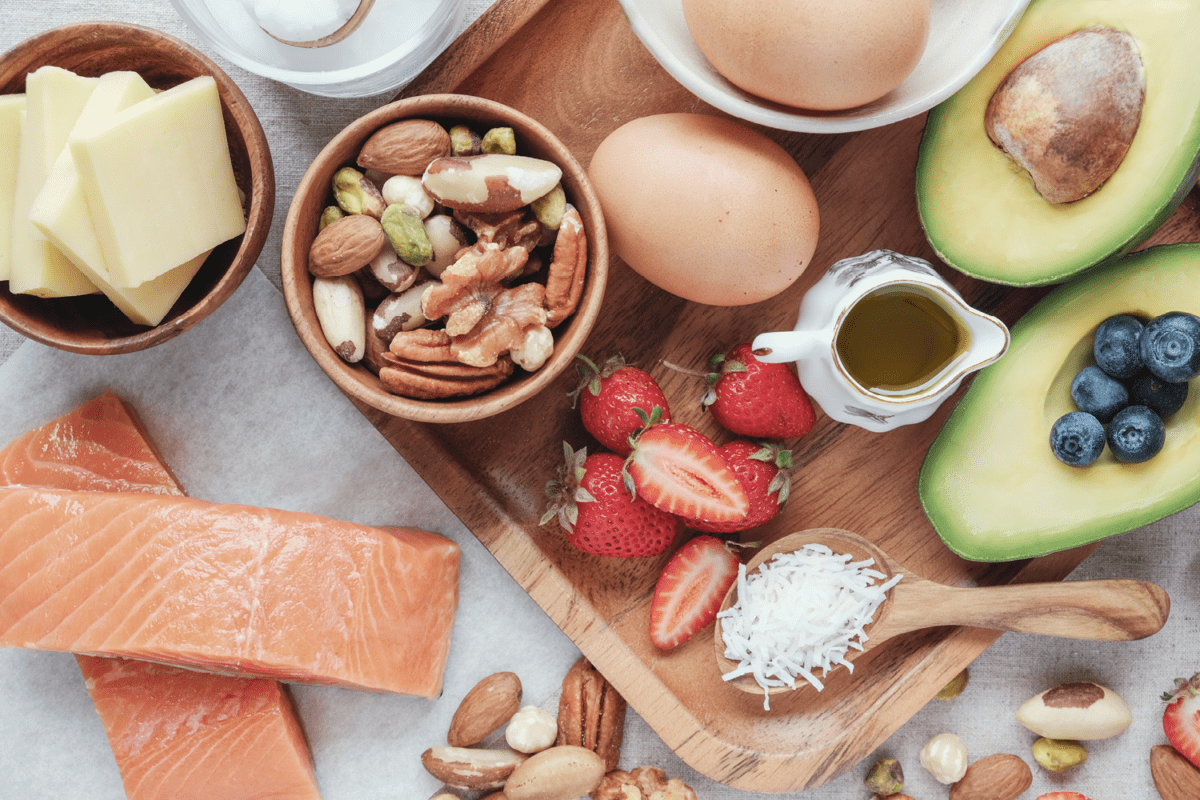September is Australian Organic Awareness Month and as part of the activities we are highlighting reasons for buying organic. Certified organic food is a holistic means of growing and handling food, produced by farming practices that do not use synthetic chemicals including artificial pesticides and fertilisers.
Why buy organic?
3 great reasons to buy organic
- Fewer synthetic chemical residues: This includes pesticides, hormones and antibiotics
- It’s good for the environment: Organic farms look after their land and soil, so it can be a more conscious way of cooking and eating. In addition, these farms are important for wildlife diversity as they provide more homes to a vast array of plants and animals than conventional techniques.
- Full traceability: You can find out exactly where your food has been produced.
By buying organic you are likely to have less exposure to synthetic chemical residues, including pesticides, hormones and antibiotics. It is often considered more nutritious and environmentally friendly and those who purchase organic food regularly also note improvements in quality, taste and flavour over conventional products. The other benefits that purchasers look for in organic food is what it does not contain. Such benefits include: chemical-free, additive-free, non-GMO, hormone and antibiotic-free and, in many instances for animal products, free-range.
Buying organic is also good for the environment, because the farming practices work with nature. Organic farming does not rely on synthetic or petroleum-based pesticides or fertilizers and additionally, significantly reduces water and soil contamination. The farming methods employed to control pests and disease are natural. All of this combined means that wildlife is more likely to thrive with over 75% more plant species on organic land.
You can trust a certified organic product as it has to be accredited by a certification body. Any food products labelled as organic must meet a strict set of standards that define what farmers and food manufacturers can and cannot do in the production of organic food. All of Whole Kids products are certified by Australian Certified Organic (ACO) and carry the bud logo to recognise this[1].
More than ever, Australian parents are seeking out organic products
Choosing organic is becoming a more normalised preference for a lot of households in Australia, particularly those with children, on at least an occasional basis. Having children correlates with a preference for organic as the household buyer is looking for healthier options for themselves and their family. This often includes a want to avoid highly processed foods and artificial flavours, colours and preservatives, which many organic products offer.
Studies have shown that in both Australia and elsewhere globally, millennials are key supporters of organic and are now becoming the biggest group of organic buyers as they start to have children. This is only set to grow – as too will the offerings from conscious companies – as an increasingly number have children and invest in food they believe is good for both themselves and the environment. Amongst a survey conducted by the US Organic Trade Association[2], baby food is the most important food for parents to go organic. Additionally, a survey conducted by Australian Organic in 2016, found that 32% of Australians purchased organic confectionery and snack products, up from 26% in 2012 – great news for products like Whole Kids!
Australian Organic Awareness Month is held each September to highlight, promote and support the products, brands, and retailers which are Australian Certified Organic (ACO). The ACO logo, which is on all of Whole Kids’ product range, is the most recognised organic logo amongst Australian consumers today.
[1] https://aco.net.au/standard/australian-certified-organic/
[2] https://www.ota.com/news/press-releases/19828
